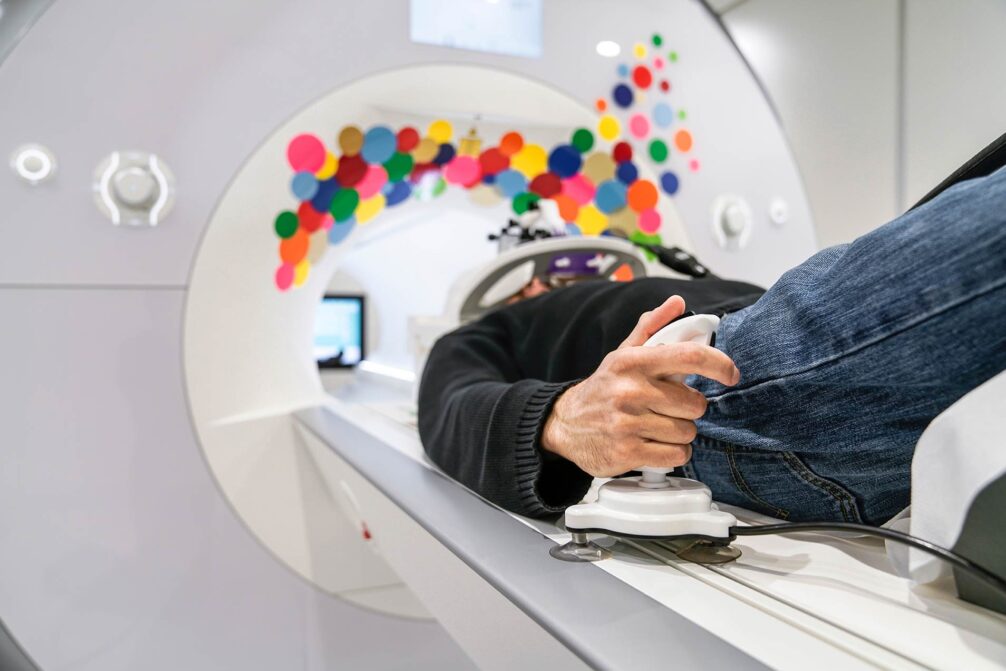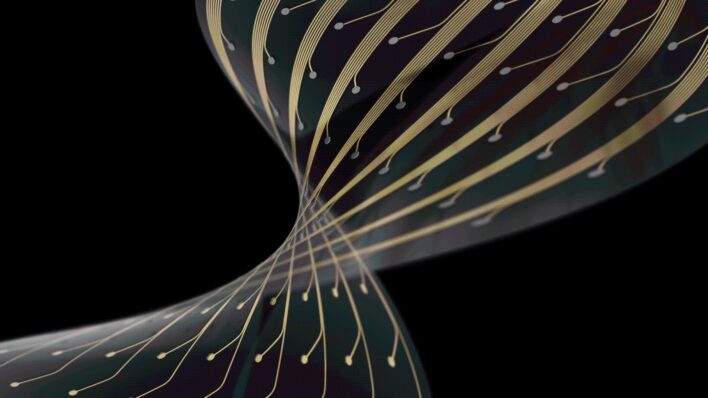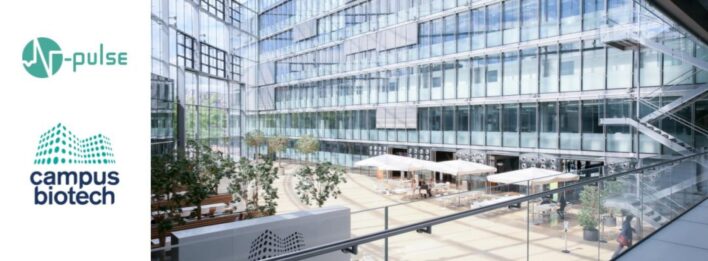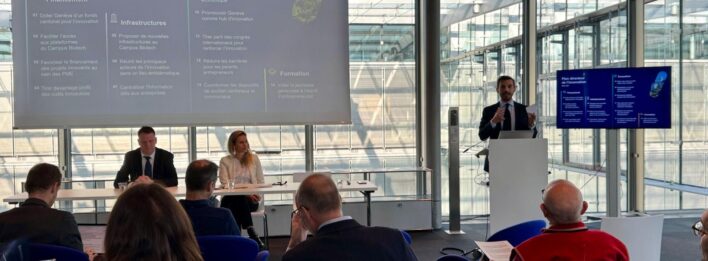News
Exploring the brain in greater detail with Campus Biotech’s 7 Tesla MRI

Two recent studies, conducted with the support of the Fondation Campus Biotech Geneva, highlight the major contribution of 7 Tesla imaging in better mapping brain metabolites and refining the structural analysis of certain epilepsy-related lesions, such as dysembryoplastic neuroepithelial tumors (DNETs).
They illustrate the complementarity of fundamental research, clinical applications, and cutting-edge infrastructure.
A high-end platform driving translational research
FCBG hosts in Campus Biotech one of the few 7 Tesla (7T) magnetic resonance imaging platforms in Europe. This platform enables Swiss and international researchers to explore the human brain with unprecedented resolution. Combined with high-level scientific and technical support, it offers optimal conditions for translational neuroscience research, bridging the gap between laboratory science and clinical practice.
Two recent publications clearly demonstrate its full potential: one led by EPFL and the CIBM Center for Biomedical Imaging in collaboration with Siemens Healthineers and the University of North Carolina, and the other by Geneva University Hospitals (HUG).
Mapping brain chemistry with precision
Published in 2025 in Human Brain Mapping, the first study presents a magnetic resonance spectroscopic imaging (MRSI) method based on innovative “rosette” sampling patterns. Thanks to the ultra-high field strength of 7 Tesla, this approach enables the reliable detection of multiple brain metabolites (via 1H-MRSI). The result: faster, more detailed, and more robust brain chemical mapping.
This methodological advance could ultimately help better characterize neurological or psychiatric conditions in which metabolic imbalances play a role, such as epilepsy or neurodegenerative diseases. It demonstrates how 7T imaging can drive progress in fundamental research while paving the way for earlier diagnosis.
Revealing the invisible in epilepsy-related tumours
The second study, published in Epilepsy and Behavior Reports in 2025, focuses on a rare brain tumor: the dysembryoplastic neuroepithelial tumor (DNET). Using 7T MRI, researchers at HUG were able to identify details that conventional imaging could not reveal, such as small cystic areas and subtle structural variations within the tumor.
These observations, made possible by the high spatial resolution of 7 Tesla, could have major clinical implications for surgical planning and the care of patients with epilepsy. The study underlines the growing interest in using 7T not only for research, but also to improve clinical practice.
Campus Biotech: a catalyst for scientific synergy
These two publications reflect Campus Biotech’s and FCBG core mission: to put technology at the service of open, interdisciplinary science capable of addressing major challenges in brain health. By combining state-of-the-art equipment with renowned local expertise, the Campus provides a unique environment in Europe to design, test, and validate innovative approaches.
From diagnosis to personalized treatments, from the lab to the clinic, Campus Biotech’s 7 Tesla MRI is proving to be a key tool in understanding the brain — and improving how we care for it.


